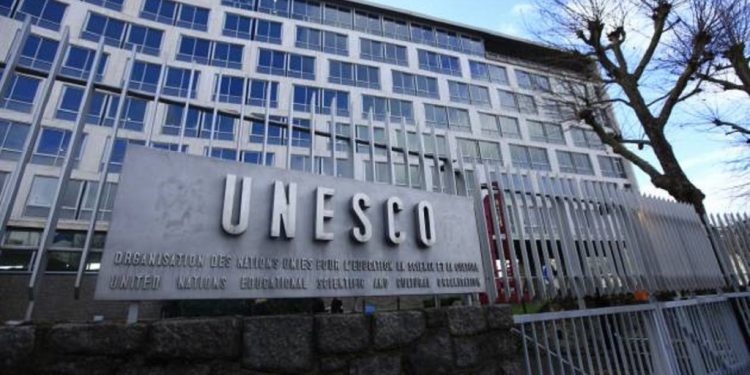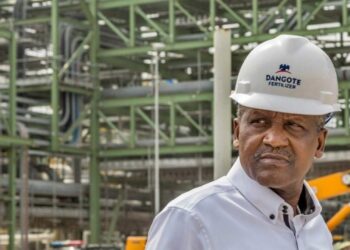The UN Educational, Scientific and Cultural Organisation (UNESCO), has called on Nigerian Government to quadruple current investments, in order to meet the Sustainable Development Goals in the Water, Sanitation and Hygiene (WASH) sector before 2030.
Dr Moma Enang, UNESCO Regional Office Representative, said this at an event to commemorate the 2023 World Water Day with the theme, “Accelerating Change” on Wednesday in Abuja.
Quoting data from the newly released 2023 UN World Water Development Report, Enang said there was an increase in global water demand, which stood at 30%.
According to her, there is a need for countries to deliberately make efforts to improve access to water for the teeming population, saying 10% of the global population lived in countries with high or critical water stress.
She said the global Official Development Assistance for water and sanitation stood at $8.7 billion in 2020, mainly from development partners, saying there was need for partnerships and cooperation to promote sustainable access to water.
She said all hands must be on deck to deliver the much needed change to humanity in the water sector.
“Nearly every water-related intervention involves some kind of cooperation, intra-sectoral, inter-sectoral and extra-sectoral relationships because Between 2.2 and 3.2 billion people lived under water stress for at least 1 month per year.
“75% of the land surface has been significantly altered, with over 85% of natural wetlands area lost, Nearly all countries show signs of risks related to water quality due to climate change”..
Kafeero, represented by Mr Oluseyi Fabiyi, said FAO was supporting the Federal Ministry of Water Resources, to promote drip irrigation system as a way of sustainable water management in selected irrigation schemes.
Dr Jane Bevan, UNICEF Nigeria Chief of WASH, said that one-third of children do not have access to at least basic water at home, and two-thirds do not have basic sanitation services.
Bevan said World Water Day was an opportunity for call to action for all stakeholders to deliberately work to improve water and sanitation in the country.
She said it was estimated that 78 million children in Nigeria suffered from poor water access at the moment, saying at least a third of them lack access to water at home, and two thirds lack access to basic sanitation.
According to her, Nigeria is one of the 10 countries in Sub-Saharan Africa that carry the heaviest burden of diseases caused by inadequate WASH.
“Diseases such as cholera kill children most and a third of the children in this country do not have access to safe water.
“Together with the issues of accelerating climate change and extreme weather, we are seeing increased flooding storms, rainfall, increased temperatures, which means we have more cholera than in the past.
“So we need to do more not less for the children of Nigeria, we owe it to them to really come together and invest more for water and do our best to reach everybody. “
She pledged the commitment of the administration to continue collaborating with development partners and donors to properly execute off water policies in the country.










